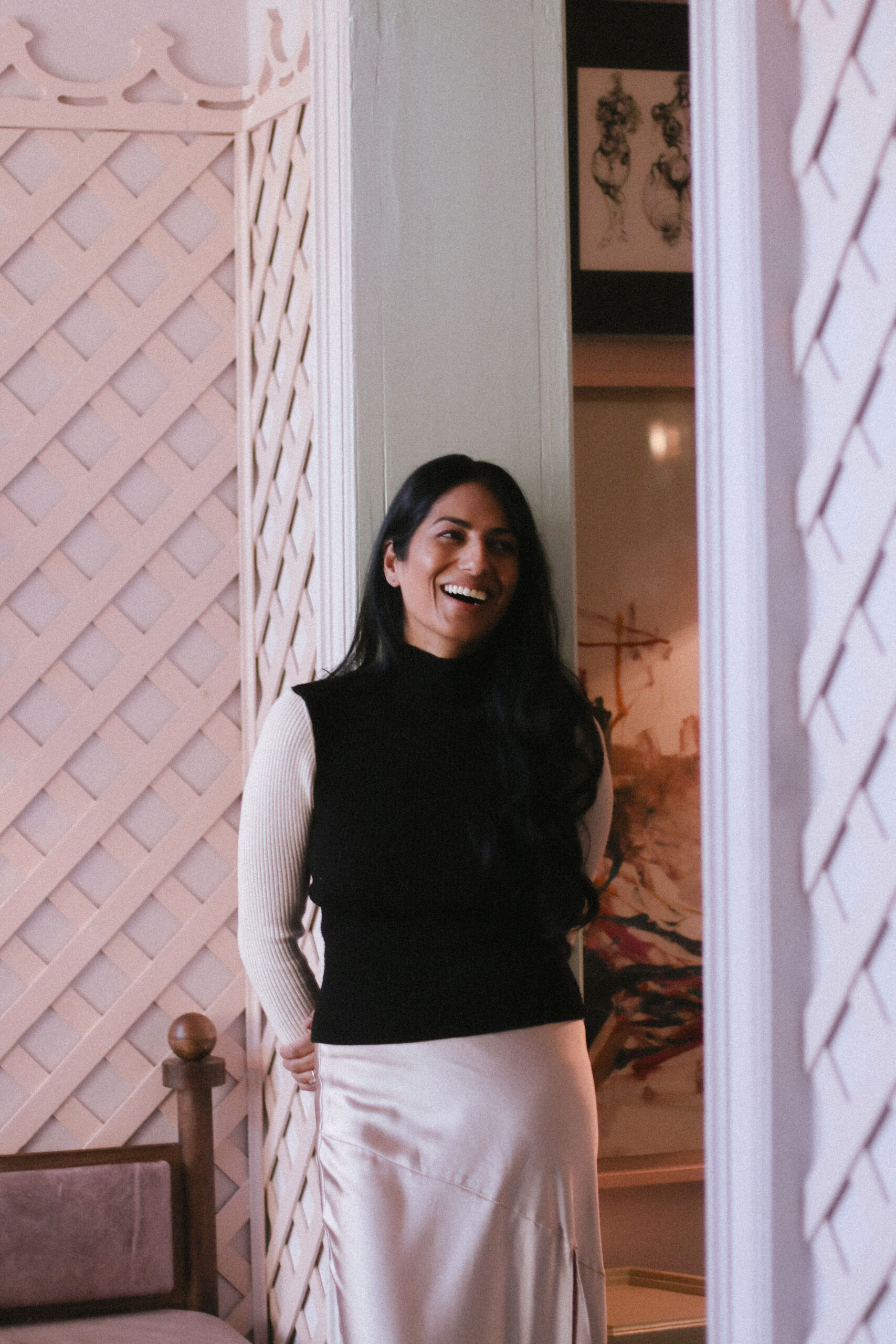SOCIAL JUSTICE
7 Women Behind the Civil Rights Movement
You know how the old adage goes: behind every great man is a great woman.
While we honor the life and legacy of Dr. Martin Luther King Jr. today, we would also like to pay homage to the many women who stood firmly behind the civil rights movement. Because, after all, behind all great movements are great women.
From educators to activists, writers to chefs, here we honor some of the women who made significant contributions to the civil rights movement.
Coretta Scott King

We begin with Mrs. Coretta Scott King, herself. A prominent leader in the American civil rights movement. Mrs. King also worked on issues such as women’s rights, LGBT rights, economic justice, and world peace. She played a significant role in promoting her husband’s legacy and preserving his memory. In 1969, she founded the Martin Luther King Jr. Center for Nonviolent Social Change in Atlanta, Georgia, to continue the work of promoting nonviolent social change. After Martin Luther King Jr.’s assassination in 1968, Coretta Scott King continued to dedicate her life to the advancement of civil rights, social justice, and equality.
Leah Chase

Known fondly to many New Orleanians as the queen of Creole, Leah Chase was an influential American chef, restaurateur, and civil rights activist. Often referred to as the “Queen of Creole Cuisine” Chase was known for her role in popularizing Creole and Cajun cuisine, particularly in New Orleans.
As the executive chef and co-owner of Dooky Chase’s Restaurant, a historic Creole restaurant in New Orleans, Chase played a significant role in breaking down racial barriers in the restaurant industry during the era of segregation. Dooky Chase’s Restaurant became a meeting place for African-American activists and artists during the civil rights movement, and Leah Chase herself was actively involved in the struggle for civil rights. She quite literally fed the civil rights movement. She left behind a lasting legacy in the world of food and civil rights.
Betty Shabazz

Betty Shabazz was an American educator and civil rights advocate. She is perhaps best known as the wife of Malcolm X, the prominent human rights activist and leader of the Nation of Islam. Betty Shabazz played a significant role in supporting her husband’s work and ideals, and she continued to be involved in civil rights and community activities after Malcolm X’s assassination in 1965.
Following Malcolm X’s assassination, Betty Shabazz went back to school to earn her doctorate in education. She worked as a professor and administrator at various institutions and remained committed to promoting civil rights, education, and social justice.
Ella Baker

Baker’s activism began in the 1930s but her notable contributions came when she helped establish the Student Nonviolent Coordinating Committee (SNCC) in 1960. The SNCC was a key organization in the early years of the Civil Rights Movement, focusing on grassroots organizing, voter registration, and direct action.
Baker was a strong advocate for empowering local communities to take leadership roles in their own struggles for justice. She believed in the power of collective action and grassroots organizing, emphasizing the importance of ordinary people working together to effect social change.
Margaret Walker

Margaret Walker was an American poet and writer known for her contributions to literature and her commitment to exploring African American culture and history. She grew up in a racially segregated Birmingham, Alabama. Walker’s most notable work, her novel “Jubilee,” was published in 1966, and tells the story of the African American experience during and after the American Civil War through the perspective of a fictional character named Vyry.
Walker was also a prolific poet, and her writing often addressed themes of racial and social justice. She was an influential figure in the literary and academic communities, teaching at various institutions, including Jackson State University in Mississippi. She co-founded the Institute for the Study of History, Life, and Culture of Black People, which later became the Margaret Walker Center at Jackson State University.
Septima Clark

Septima Poinsette Clark, often referred to as the “Queen Mother” or “Grandmother” of the Civil Rights Movement, played a significant role by focusing on education as a means to empower African Americans and enable them to exercise their right to vote.
Clark began her career as a teacher but faced racial discrimination and was dismissed from her job for her involvement in civil rights activism. Undeterred, she continued her activism and became a key figure in the struggle for equal education and voting rights. She developed literacy and citizenship workshops for African Americans, helping them navigate the discriminatory voter registration processes in the South.
Clark’s efforts laid the groundwork for the Citizenship Schools, which played a crucial role in empowering African Americans to register to vote. Her work contributed significantly to the eventual passage of the Voting Rights Act of 1965.
Yuri Kochiyama

Yuri Kochiyama was a Japanese-American political activist who played a significant role in various social justice movements in the United States. Born Mary Yuriko Nakahara on May 19, 1921, in San Pedro, California, she experienced the forced relocation of Japanese-Americans during World War II, when her family was forced into an internment camp.
Kochiyama became politically active in the 1960s, and her activism spanned a wide range of issues, including civil rights, anti-war protests, and solidarity with various marginalized groups. She was particularly known for her support of Malcolm X and her involvement in the Asian American and Black liberation movements.



